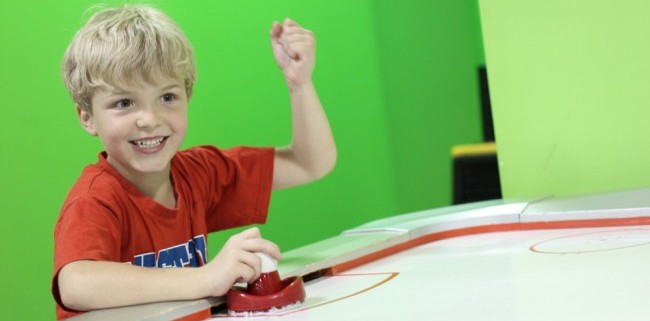 Let’s say your anxious child did something wonderful, really wonderful all on his or her own. Your immediate reaction may be to applaud and praise, which is great. Your secondary reaction, however, may be to unintentionally spoil the moment and potentially reverse the progress your child is making. This, as you may guess, is not so great.
Let’s say your anxious child did something wonderful, really wonderful all on his or her own. Your immediate reaction may be to applaud and praise, which is great. Your secondary reaction, however, may be to unintentionally spoil the moment and potentially reverse the progress your child is making. This, as you may guess, is not so great.
For many parents, a successful moment in your child’s life is prime time to:
- Offer approval, rather than praise, as if a child is not good enough unless she continues to meet this same level of success
- Say “I told you so,” or pretty much take all the credit of the success by reminding the child it came from doing what you said to do in the first place
- Offer rewards, like a new toy or iPhone, as a prize for doing something fantastic
- Say something that emphasizes a negative self-view, such as, “Sharing your lunch was a wonderful gesture, especially since you’re usually so selfish”
Even though some of these reactions may seem harmless, author and Psych Central blogger Lynn Margolies says they are definitely not. All of them insert some kind of judgment, expectations or a reward system for behaviors that are developing naturally and should be celebrated as such.
Naturally developing positive behaviors are a key component in the development of a child’s sense of self, Margolies explains. Thoughtless reactions that “hijack” your child’s moment of glory can not only make a child feel bad but can actually halt the development of his or her independence.
While such reactions can be detrimental to any child, they can be especially damaging to anxious children who frequently have an even tougher time overcoming fears and asserting their independent nature.
Positive Reactions to Promote Positive Behaviors
Parents should instead think carefully before they react to a child’s positive behavior, ensuring their reaction promotes and motivates your children rather than stopping them in their tracks. You can do this with a few helpful hints:
- Comment on a child’s positive behaviors and emotions without judgment or the need to try and ensure more of it with rewards or expectations.
- Pay particular attention to and comment on behaviors that work against any stereotypes you may have of your anxious child (i.e. such as always being fearful). Take care not to mention the negative stereotype but only the positive behavior.
- Pinpoint areas where your anxious child may need guidance, and gently guide him or her. But also note areas where they are soaring on their own and let them continue their own independent path.
- Remind yourself that neither you nor your children need to be perfect for the world to keep spinning. Stop trying to make it that way.
One of the most effective ways to ensure your anxious child begins to develop a strong sense of self is to step back and let him or her learn lessons on their own. Make sure the lessons they’re learning are appropriate to their age and maturity level, of course, but don’t automatically assume every lesson requires your oversight or control.
Such actions can help ensure you and your children can both be rewarded with positive behaviors your child develops naturally and with a strong sense of pride.
SOURCES:





